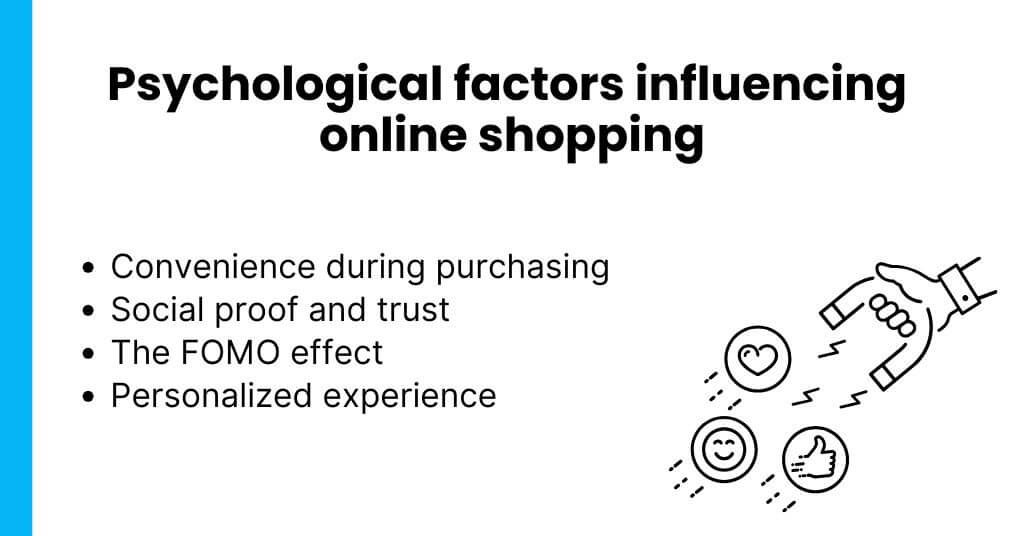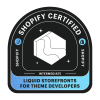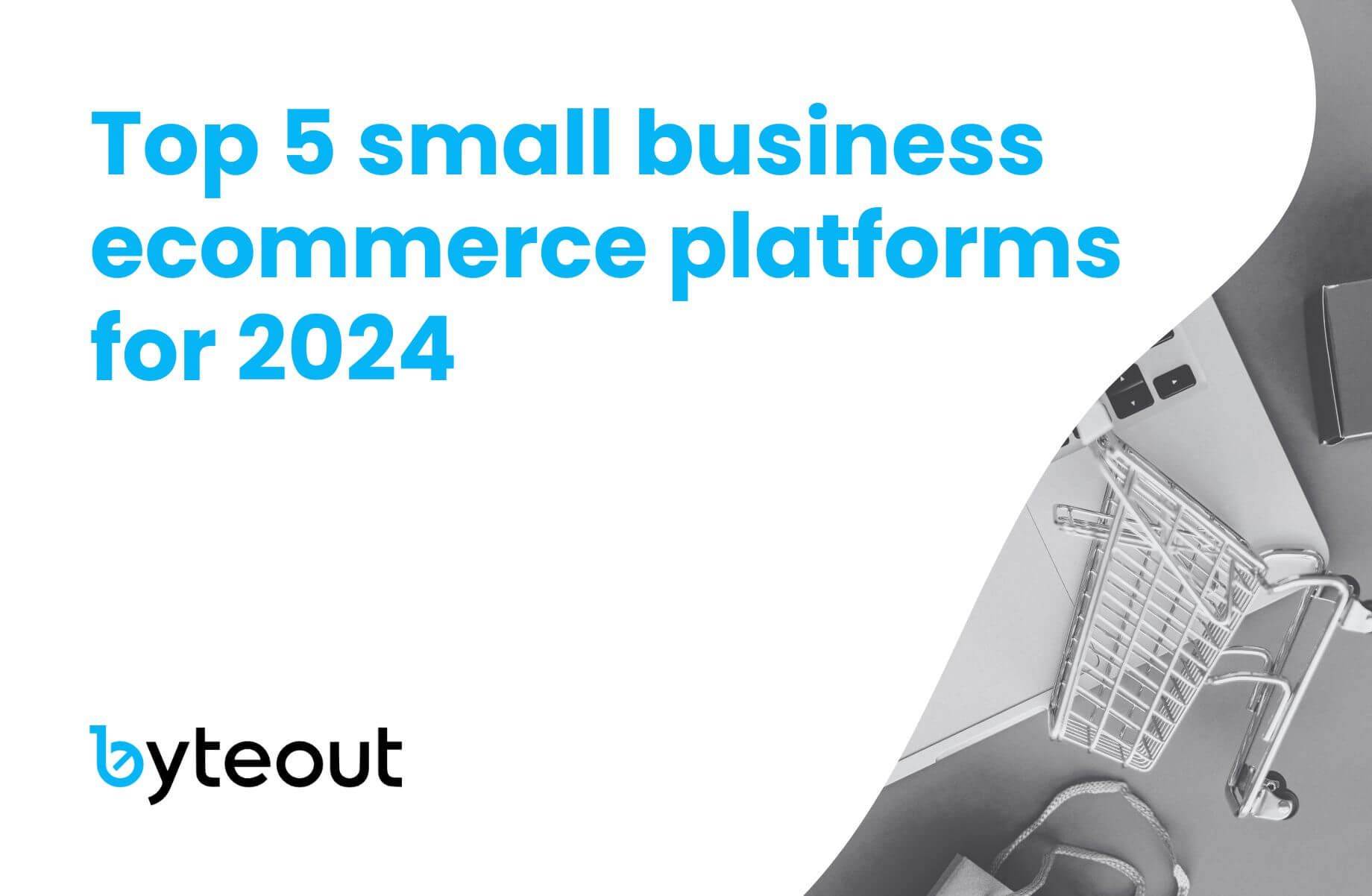
Top 5 small business ecommerce platforms for 2024
The right platform can make running a small business easy and help you grow it efficiently. But with so many options available, deciding which is the best fit can be overwhelming.
Let’s see the top 5 small business ecommerce platforms for 2024. We’ll break down each platform’s features, benefits, and considerations to help make an informed decision.
Table of Contents
Shopify
Shopify is one of the most popular small business ecommerce platforms and for a good reason. It offers a user-friendly interface, a wide range of features, and excellent customer support.
One of the biggest advantages of Shopify is its ease of use. Even if you have no prior experience with ecommerce, you can set up your online store quickly and easily. Keep in mind that if you’re building a serious business planned to grow big, you might want to check and hire an ecommerce development agency.
Shopify platform provides a variety of templates that you can customize to match your brand’s look and feel. Plus, the drag-and-drop editor makes it simple to add products and create pages. But, Shopify has what it needs for businesses of all sizes.
The platform is packed with features that are built for small businesses. It supports unlimited products, offers a secure checkout process, and provides various payment gateway options.
WooCommerce
WooCommerce is a flexible and customizable ecommerce platform built for WordPress users. It’s an excellent choice if you’re already familiar with WordPress or want complete control over your online store’s design and functionality.
Thanks to its open-source nature, WooCommerce is highly customizable. You can modify every aspect of your store to suit your specific needs. Thousands of themes and plugins are available, allowing you to add any feature you can think of.
Since WooCommerce is a plugin for WordPress, it seamlessly integrates with the CMS. This integration means you can manage your content and ecommerce store from a single platform. If you’re already using WordPress for your business website, adding WooCommerce is a natural progression and an easy change.
One of WooCommerce’s main benefits is its cost-effectiveness. The core plugin is free, which makes it an attractive option for small businesses on a budget. Keep in mind that you might need to purchase premium themes, plugins, and hosting services to optimize your store fully.
BigCommerce
BigCommerce is another powerful small business ecommerce platform that offers a strong set of features. It’s designed to help businesses scale, making it a great option if you have growth plans in mind.
BigCommerce is built to handle large volumes of traffic and transactions, ensuring that your store remains fast and responsive as your business grows. The platform offers robust performance and security features, including automatic updates and SSL certification, to keep your store running smoothly.
Unlike other platforms that rely heavily on third-party apps, BigCommerce comes with many built-in features. These include advanced SEO tools, multi-channel selling capabilities, and detailed analytics. This means you can get your store up and running with fewer add-ons, simplifying management and reducing costs.
Wix
Wix is an intuitive and affordable platform ideal for small businesses looking to establish an online presence without breaking the bank. It’s known for its drag-and-drop website builder, making it accessible even to those with no technical expertise.
The platform offers a simple drag-and-drop editor, allowing you to create a professional-looking store with minimal effort. With hundreds of customizable templates, you can design a store that reflects your brand’s identity.
Wix is one of the most affordable small business ecommerce platforms. It offers various pricing plans, including a free option with limited features. The premium plans are competitively priced, providing good value for small businesses on a tight budget.
Wix includes a range of marketing and SEO tools to help you drive traffic to your store. From email marketing campaigns to social media integrations, Wix makes it easy to promote your products and reach a wider audience. The platform also offers SEO features that can help improve your store’s visibility on search engines.
Squarespace
Squarespace is a well-known website builder that also offers strong ecommerce capabilities, making it a strong contender for small business ecommerce platforms. Its beautiful design templates and ease of use make it a favorite among creative entrepreneurs.
Squarespace is renowned for its stunning, professional design templates. The platform allows for significant customization, so you can create a unique online presence that reflects your brand.
One of the key advantages of Squarespace is that it is an all-in-one platform. It handles everything from website building and hosting to domain registration and ecommerce. This integrated approach simplifies the process of setting up and managing your online store.
Squarespace offers built-in SEO tools to help your store rank better in search results. Additionally, the platform provides marketing features such as email campaigns, social media integration, and analytics. These tools can help you attract and retain customers, driving more traffic and sales to your store.
- Trust & creative strategy: what still wins in DTC marketing
- Ecommerce website accessibility: The hidden revenue loss
- How to scale Amazon brand off Amazon
- Combining Amazon with Shopify: The Better & Better story
- The Amazon Ranking Strategy That Works in 2025
Conclusion
Shopify, WooCommerce, BigCommerce, and Wix eCommerce each offer unique features and benefits tailored to different business needs. One of these platforms will be a perfect fit for your small business. If none makes your wishes come true, maybe building a custom site is your way to go. And keep in mind that just as you can make it on your own, it doesn’t mean you should – we can help you build the most effective online store.
Take the time to explore each option, consider your specific requirements, and select the platform that will best support your growth in 2024.

Your Amazon store needs a partner
We build and grow your Shopify DTC business together with Amazon.
Find out how to own your audience and not depend only on Amazon high fees.
Author: Dusan Popovic
Our ecommerce nerds recommend reading

Best Amazon FBA course: Top picks for 2025
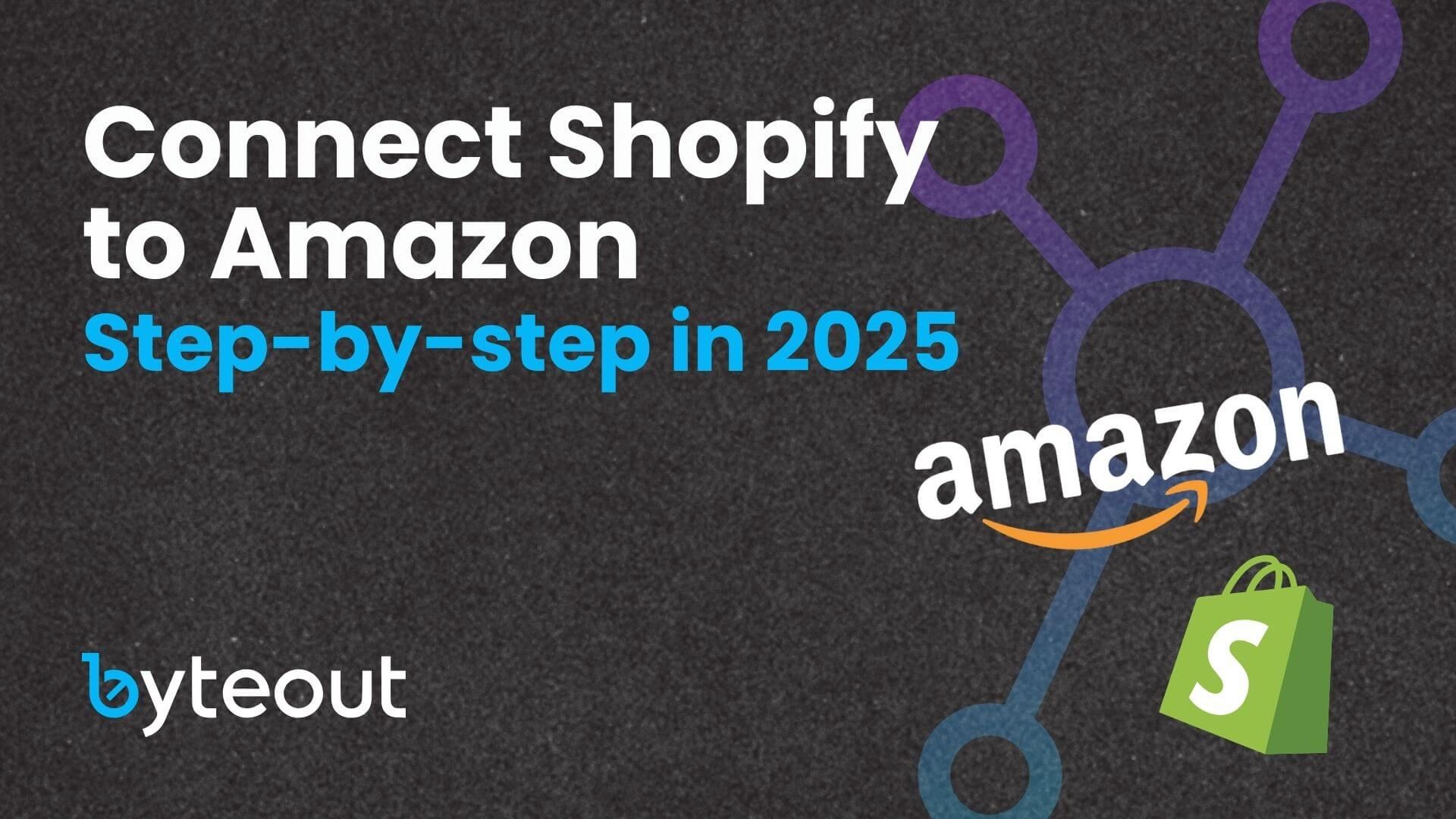
Connect Shopify to Amazon: Step-by-step in 2025
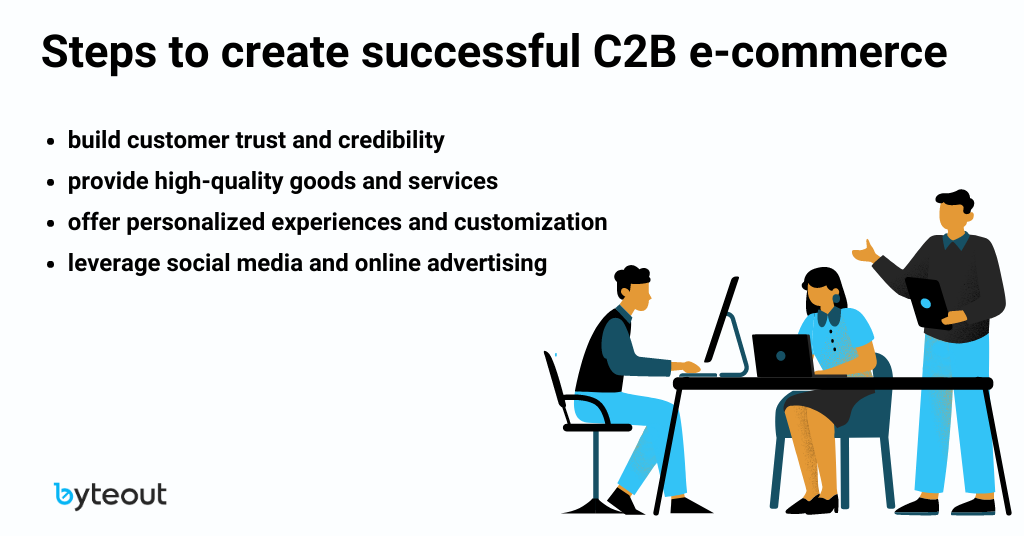
C2B e-commerce
